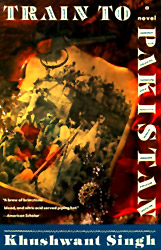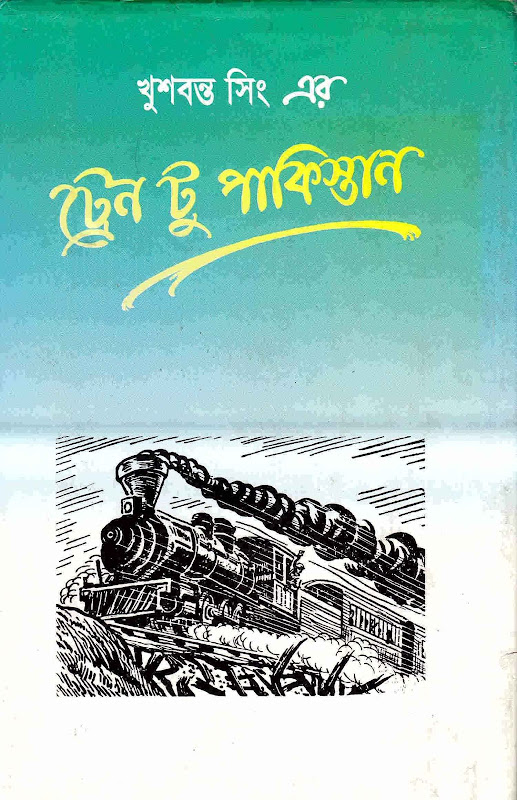

India, which once known as Golden Bird got partitioned in 1947. History establishes an illuminating bridge between reality and imagination. History can be called the upholder of past events.

"The wounds will take decades to heal, centuries to overcome the trauma." (Gulzar) Literature gets affected by the historical events and the writer cannot ignore the reality. This awareness is pre-requisite to consolidate our position for the efficient promotion of good for the posterity. The objective of this endeavor is to retrieve the history, tracing the course of deterioration of social relations, degeneration of communal harmony and disintegration of nations. Khushwant Singh’s Train to Pakistan (1956) is a convincing accord of ill-fated nations that underwent this agony and still struggling to quell this politically sponsored hatred. This was not what the people had yearned for in the name of freedom-they were feeling defeated and cheated by this chicanery. The partition of Indian subcontinent in 1947 was such a traumatic experience in the recent history that brought avertable agony, humiliation, forfeiture of human dignity and a defeating sense of being uprooted to the millions of people.

History and literature are symbiotic to each other as history contributes to the enrichment of literature and literature contributes by refurbishing perverted historical facts.


 0 kommentar(er)
0 kommentar(er)
